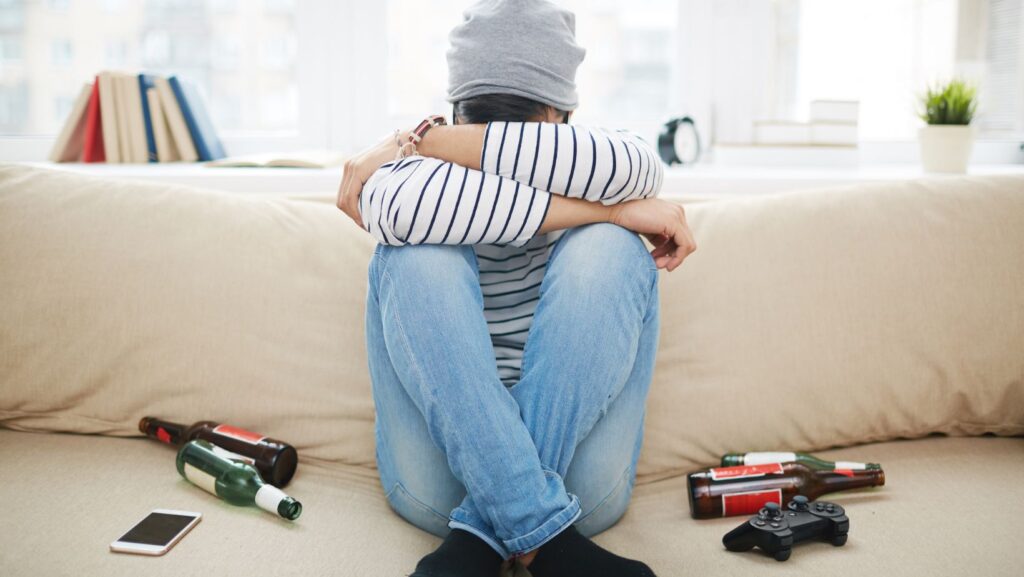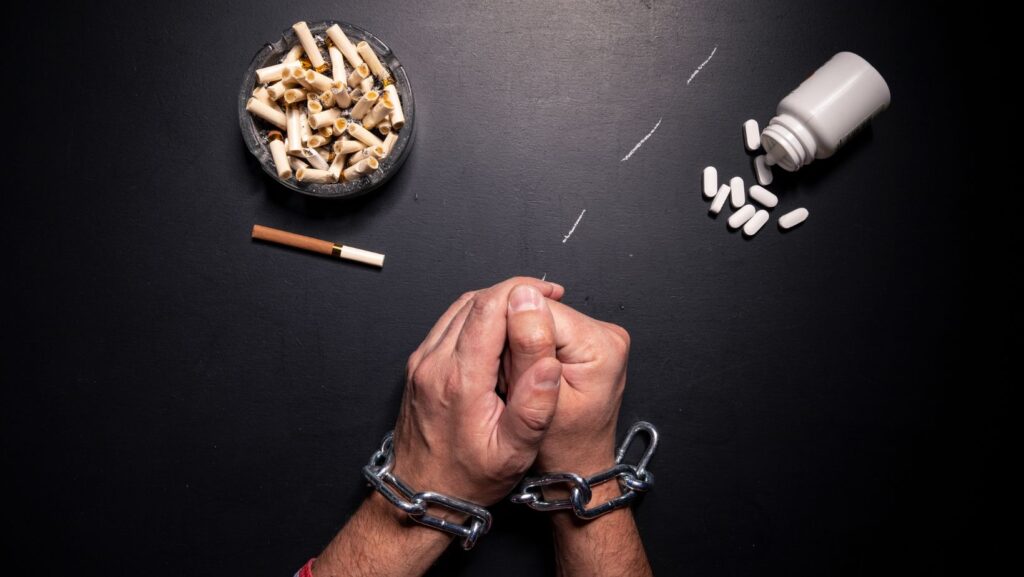
How Parents Can Break Free From Addiction Without Losing Their Balance
Addiction doesn’t wait for a convenient time, and it certainly doesn’t pause when you’ve got kids depending on you. Parents who want to get sober face a unique juggling act: holding onto family responsibilities while trying to break old patterns and build healthier ones. It can feel impossible at times, like choosing between two non-negotiables. The truth is, it isn’t a trade-off. You can protect your family, show up for your children, and still do the deep work of recovery. It just requires a different kind of plan, one that accounts for bedtime routines, school pickups, and the constant pull of parental guilt.
Why Parenthood Changes the Recovery Conversation
Parenting forces you to see recovery through a sharper lens. Before kids, your own well-being might have felt negotiable. After kids, you realize your choices ripple outward into their lives. That shift brings urgency but also a strong motivator. Children don’t need flawless parents, they need present ones. Choosing sobriety while raising a family is about finding a way to stay grounded without sacrificing your role at home.
The challenge is that parents rarely have open calendars or long stretches of quiet time. Detox, therapy, and aftercare programs aren’t built around soccer practice or school drop-off. Many parents convince themselves they’ll deal with recovery later, once the kids are older, only to watch the problem grow. The better approach is to integrate recovery into daily life now, even if it looks unconventional. Small, consistent steps still build momentum, and those steps eventually add up to real freedom.
Flexible Paths That Fit Family Life
Rigid, one-size-fits-all treatment isn’t realistic for most parents. What helps is finding recovery options that can bend around a family schedule instead of breaking it. Outpatient programs, support groups with flexible hours, and even digital tools have opened doors that didn’t exist a decade ago. If you’re parenting toddlers or balancing teenagers’ schedules, this flexibility is key.

Another overlooked path is community support. Grandparents, close friends, or trusted babysitters aren’t just helping you with logistics. They’re creating space for you to heal, and that space matters. Parents sometimes hesitate to ask for help because it feels like admitting weakness, but kids benefit when their caregivers step in. Recovery doesn’t happen in isolation—it happens in community, and kids thrive when their caregivers are supported too.
There’s also an important lesson in modeling. When children see their parents prioritizing health, asking for help, and sticking to commitments, they learn resilience in real time. It’s not about shielding them from every difficulty, but about showing them how adults handle struggles responsibly. That lesson can be just as valuable as the outcome.
The Role Of Technology In Recovery
Access to care has changed dramatically in recent years. Parents no longer need to choose between attending a session and showing up at a school recital. Many providers now offer telehealth rehab, which makes therapy and medical support available from the living room. It’s not just convenient, it reduces the friction that often derails recovery efforts. You can take a session while the baby naps or while your teen is upstairs finishing homework.
This doesn’t mean in-person support isn’t valuable. For many, face-to-face connections provide energy that a screen can’t replicate. But blending both approaches—digital and in-person—can keep recovery sustainable. Parents can maintain accountability without losing hours in traffic or scrambling for childcare. In fact, many people credit these digital options with keeping them consistent long enough for recovery to truly take hold.
Technology also offers anonymity for those who aren’t ready to open up in person. Parents often carry extra fear of judgment, worried about what others might think of them. Virtual groups and one-on-one counseling can provide that initial safe space. Later, once confidence grows, in-person connections can supplement what began online.
Managing Stress And Burnout While Staying Present
Recovery isn’t just about staying sober, it’s about building a sustainable lifestyle. Parents are already stretched thin, and when stress piles up, temptation grows. That’s why managing energy matters as much as managing triggers. The constant grind of parenting can push anyone toward work burnout, and in recovery, that risk doubles.
Parents need to think of rest and recovery the same way they think of food and water. It isn’t indulgent; it’s maintenance. Sleep, exercise, and even short breaks from parenting responsibilities are part of the foundation. Without them, willpower wears down quickly. Kids don’t need you to be on duty every second of every day—they need you to be emotionally available when you are present. That availability depends on your ability to recharge.
Mindfulness practices, journaling, or even quiet walks can keep the nervous system from running in overdrive. These practices aren’t about being perfectly calm all the time, they’re about building enough margin into your day that stress doesn’t break you. That margin becomes the buffer between you and relapse, between chaos and clarity. Parents who prioritize recovery alongside family responsibilities actually find themselves more present, not less, because their energy isn’t drained by the constant tug-of-war.
The Power Of Community And Honest Conversations
Isolation feeds addiction, but connection disrupts it. Parents may hesitate to open up about recovery because they fear being judged or misunderstood. Yet the opposite usually happens. Friends and family often respond with compassion, and even if they don’t fully understand, they respect honesty. Sharing your journey also opens doors for others who might be struggling silently.
Support groups—whether in person or online—bring another dimension. They create a circle where your struggles aren’t unusual, where you’re not the only parent who feels pulled in too many directions. That kind of validation can take the edge off shame, which often drives people back to unhealthy coping mechanisms.
Children benefit from these honest conversations too, in age-appropriate ways. Explaining that you’re working on your health, that you’re making changes so you can be a better parent, shows them that growth is ongoing. Kids notice when parents hide things, and secrecy can create confusion. Honest but gentle communication builds trust, even in the hardest seasons.
Reframing Recovery As An Act Of Parenting
It’s easy for parents to see recovery as something separate from their family responsibilities, as if it’s stealing time from their kids. The reality is, choosing recovery is one of the strongest acts of parenting you can make. By getting healthier, you’re not just giving your kids more of you—you’re giving them a model of accountability, perseverance, and hope.

That reframing changes the tone. Instead of seeing recovery as a burden or an obligation, it becomes an act of love. Every therapy session, every meeting, every coping strategy becomes part of a larger narrative you’re building for your children: that adults can change, that challenges can be faced head-on, and that health is worth fighting for. That lesson will follow them far longer than the memory of you missing a bedtime or two along the way.
Final Thoughts
Parents face one of the hardest balancing acts in recovery, but they also carry one of the strongest motivators. Raising kids while working through addiction isn’t about perfection, it’s about persistence. Flexible treatment, honest conversations, and the willingness to put health on the same level as parenting responsibilities can transform not just one life, but a whole family’s future. Breaking free isn’t about stepping away from your role as a parent—it’s about stepping more fully into it, with clarity, presence, and strength.





